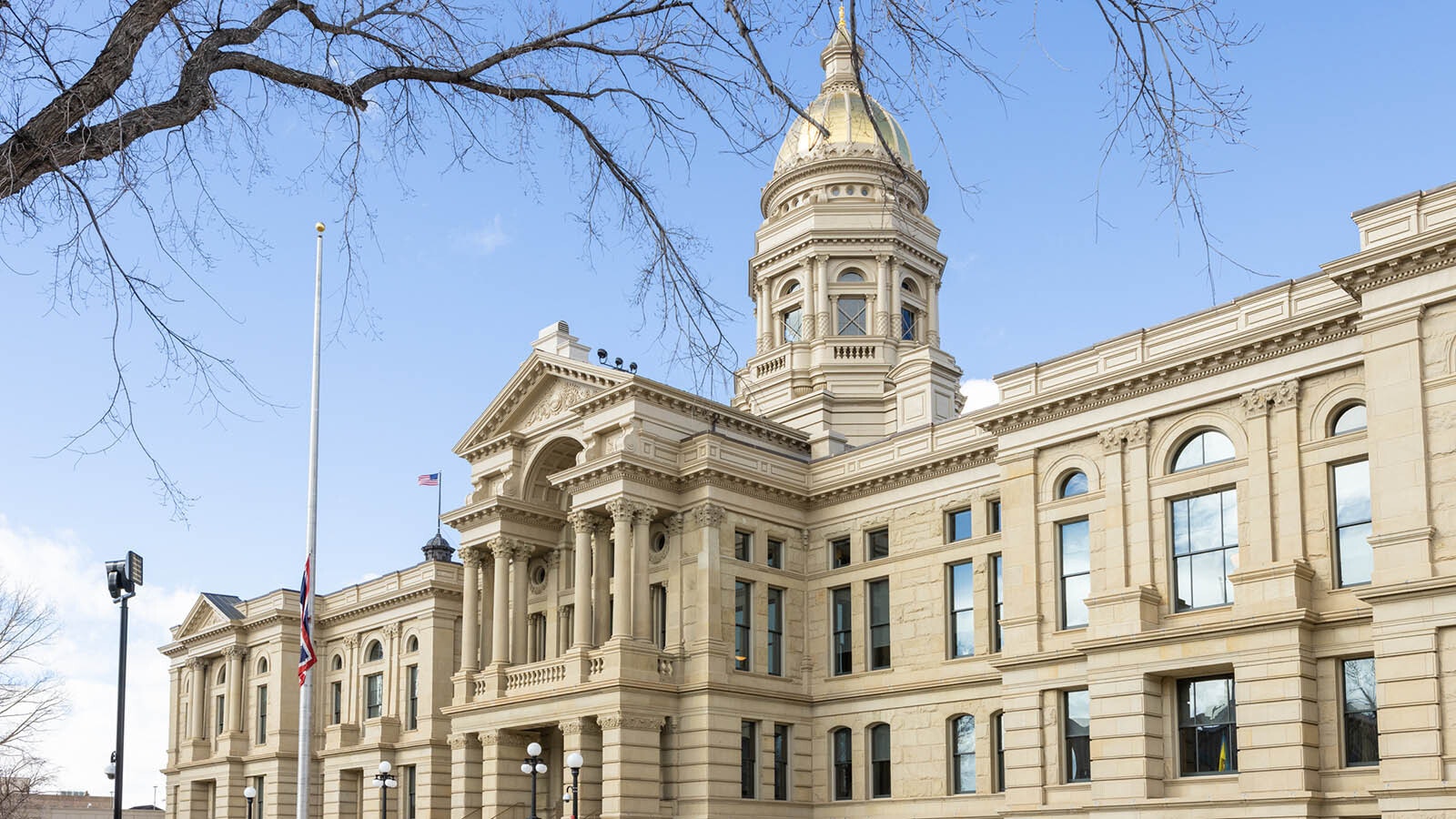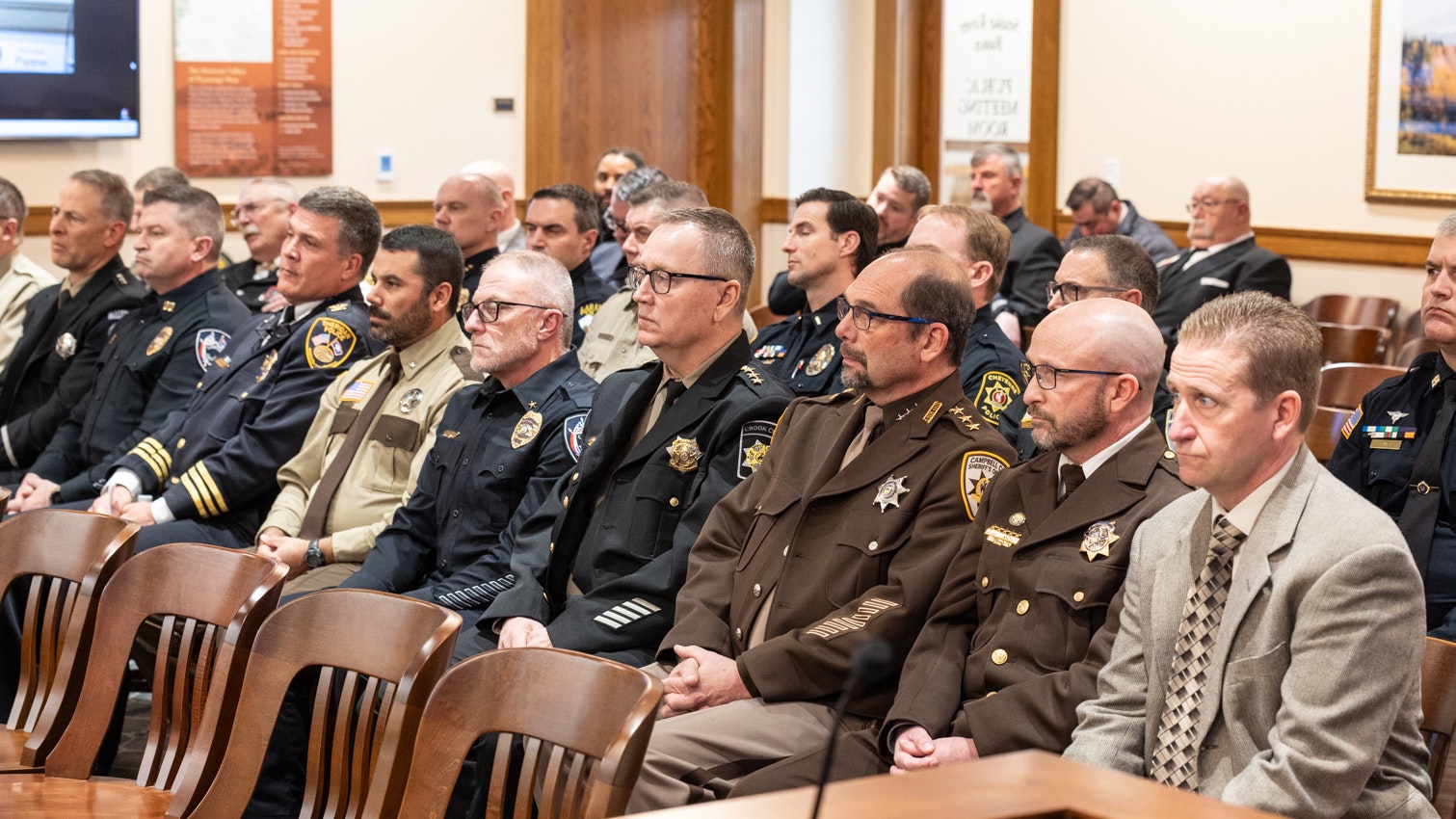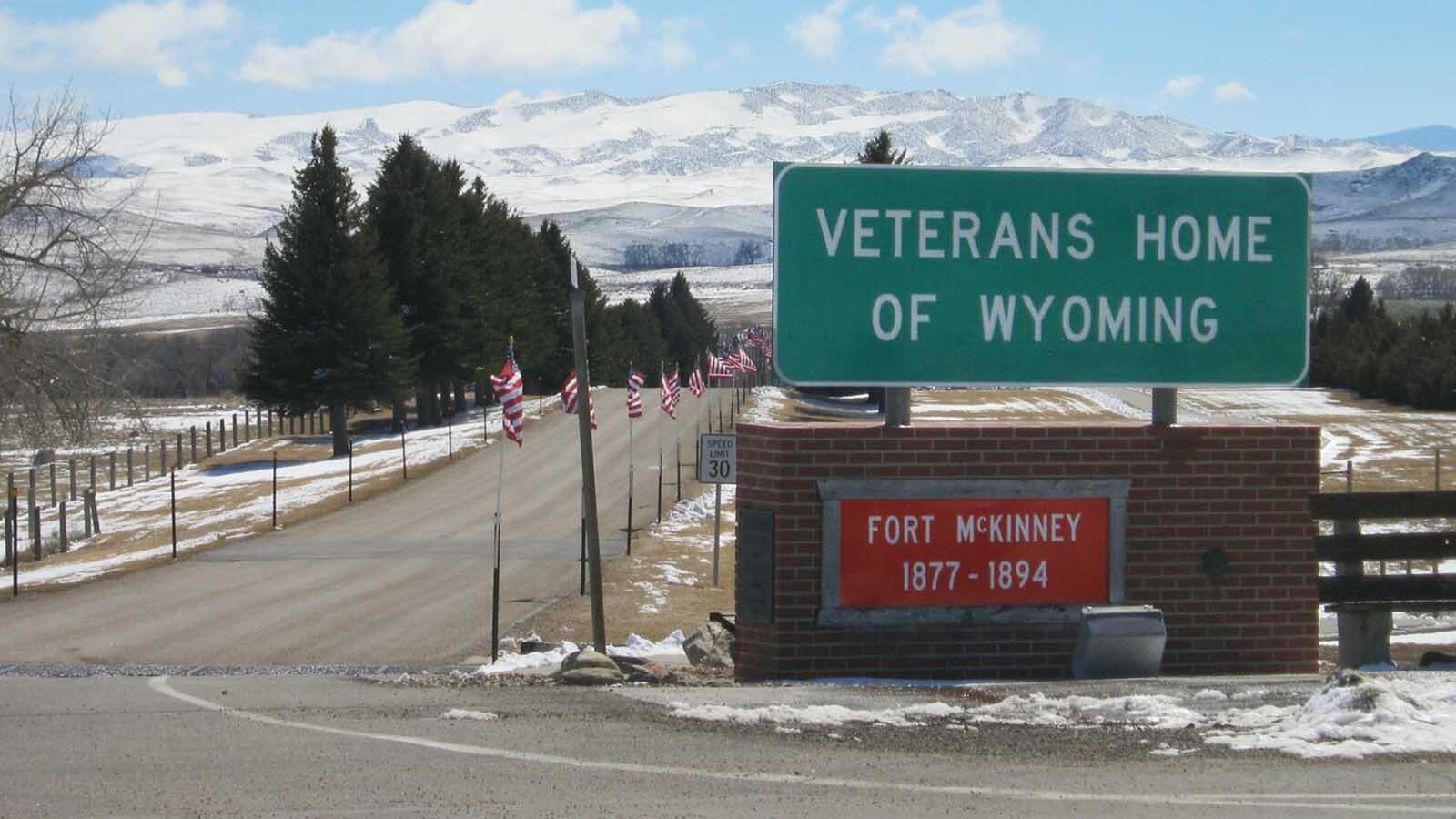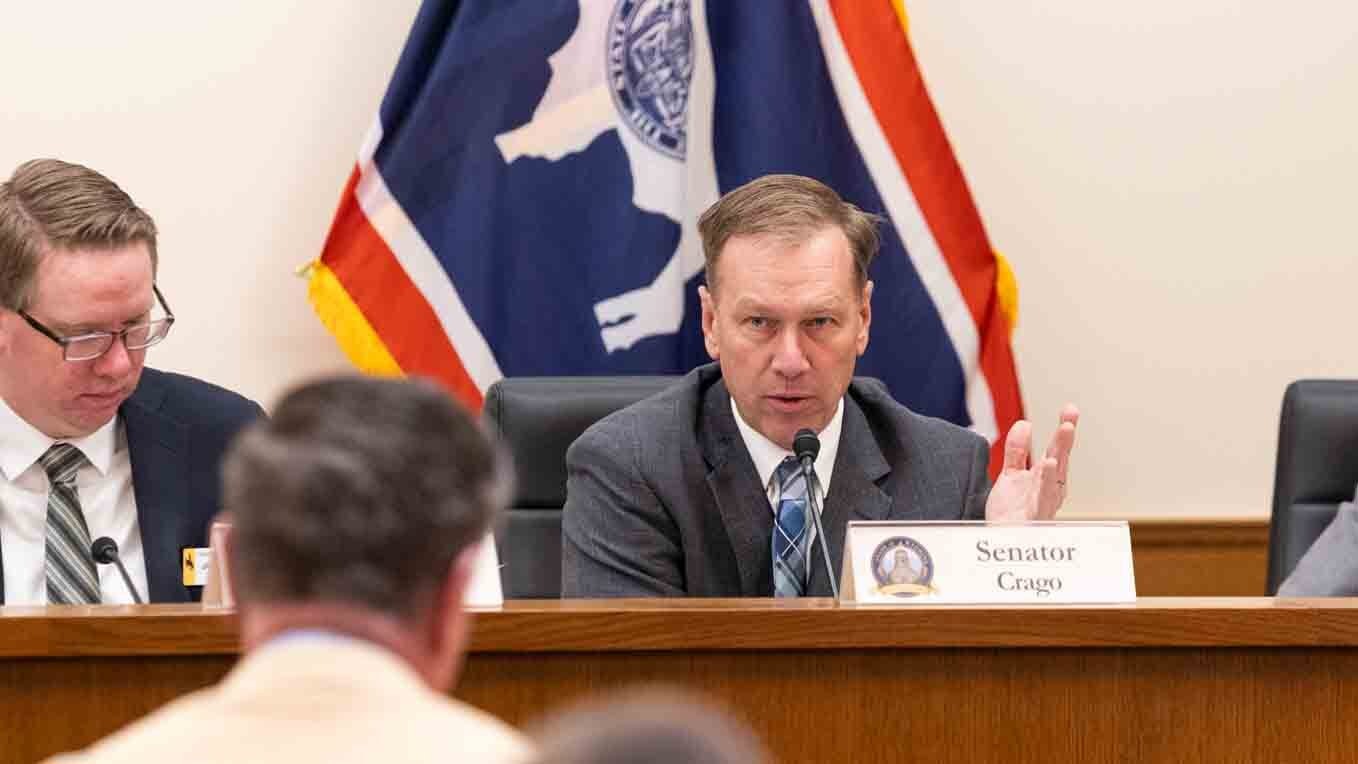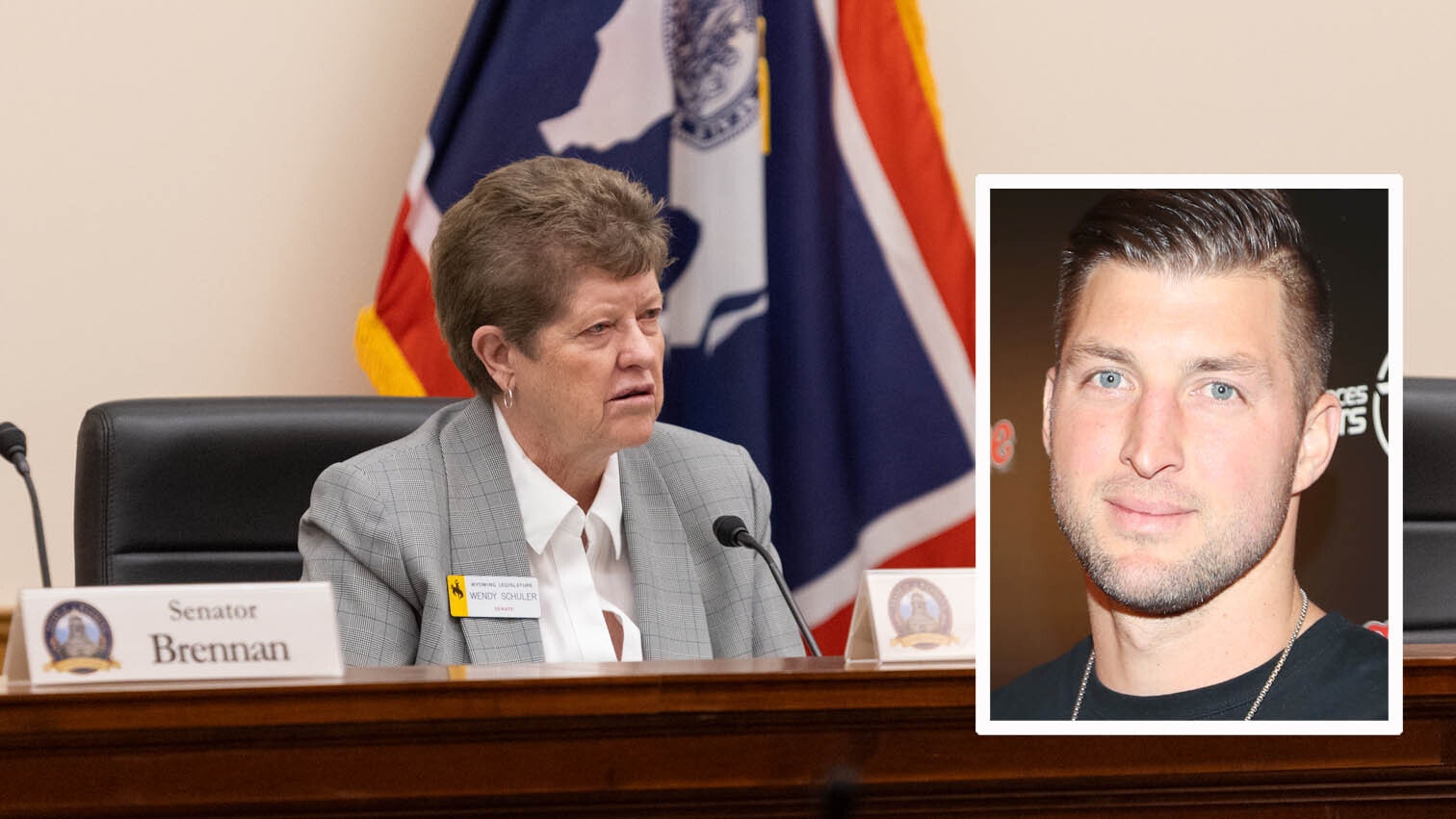The vote was close, but there won’t be a special session of the Wyoming Legislature anytime in the foreseeable future.
On Sunday night, the Legislative Service Office (LSO) reported to legislative members that by a 50-43 vote, members of the Legislature rejected a proposal to call a special session to override some of the vetoes Gov. Mark Gordon recently made to bills.
The Senate voted 16-15 in support of the special session while the House rejected it 35-27.
The vote officially started Wednesday and closed at 5 p.m. Sunday.
Why Call?
The push for a special session began after Gordon vetoed a number of hot-button bills last weekend. The veto drawing the most controversy was Senate File 54, legislation that would have reduced 25% of up to $2 million of assessed value of a home as property tax relief.
House Pro Tempore Rep. Clark Stith, R-Rock Springs, told Cowboy State Daily that although he was frustrated that Gordon vetoed the bill, which he voted for, he doesn’t believe a special session would be an appropriate use of public money or time. The special session would have cost around $35,000 per day and likely would have needed a minimum of four days.
“As much as I disagreed with the governor’s veto, a special session was a bad idea,” Stith said. “I’m happy to see the House voted no.”
Rep. John Bear, R-Gillette, chairman of the Wyoming Freedom Caucus, was one of the loudest voices calling for a special session. Bear said he wasn’t surprised by Sunday’s result and believes it’s emblematic of everything that’s wrong with the Legislature.
“We need better better leadership with more of a can-do attitude rather than will-not-do attitude,” he said.
Senate President Ogden Driskill, R-Devils Tower, and House Speaker Albert Sommers, R-Pinedale, released an op-ed at the start of the vote, saying they would vote against it.
Bear said he thought that was inappropriate and that Driskill and Sommers were trying to influence the vote.
“It’s unprecedented to have presiding officers weigh in,” he said.
“No bill, except SF54, demonstrated the urgency of necessitating a special session,” Sommers, Stith and Rep. Barry Crago, R-Buffalo, wrote in a Sunday op-ed. “In the absence of joint rules governing the special session, this would leave a special session vulnerable to potential chaos with each member at liberty to introduce whatever bills they chose.”
Gentleman’s Agreement
Ahead of the weekend tally, 29 legislators signed on to a “gentleman’s agreement” proposal made to the other members of the Legislature as a way to gain favor for a special session.
Under this, which was mostly supported by Freedom Caucus members in the House and nine senators, the session would have been limited to discussing six bills.
This included SF 54 and five other bills that would have repealed all gun-free zones, increased regulation of abortions, completely deregulate state meat processing, provide $75 million for the state to fight federal overreach, and restrict the University of Wyoming from using any state money to fund its Diversity, Equity and Inclusion Office.
Under the “gentleman’s agreement,” modified rules would have been put in place to reduce the financial burden of holding the special session by expediting the legislative process, prohibiting all amendments and debate on bills. It also would have included the guarantee of three days built in to override any of potential governor vetoes and permission for legislators to attend remotely.
The call for a special session was triggered by the signatures of 12 senators and 26 representatives, exceeding the 35% threshold in each chamber needed to call a special session.
But Sunday’s final vote shows there wasn’t much additional support existing aside from those who initially called for the session, and that the gentleman’s agreement did little to change people’s minds.
Leadership And Ethics
Bear agreed that the proposal didn’t change any minds, although he believes it should have.
“It’s an indictment on leadership,” he said.
Stith said the main reason the agreement didn’t change his mind was because of an inability in prior special sessions to come to agreed upon rules and parameters. During a 2021 special session, 41 bills were drafted and only one passed into law.
Although the agreement was essentially a rules matter and may not have necessarily required an official vote, Stith said it’s still highly unethical for legislators to come to agreements about how they will legislate beforehand.
“You can’t have legislators signing a declaration about they are going to vote ahead of a special session,” he said. “That violates the principles of a representative democracy.”
Stith also said holding the session would have damaged the public’s relationship with governmental institutions.
Sommers had already said before this proposal was initiated that he would only consider a special session if it was limited to SF 54, the property tax bill, a bill he also voted to support.
Without an agreement in place, the writers of the Sunday op-ed said they believe the special session would have taken four weeks.
In a Facebook post shortly after the vote, Sen. Anthony Bouchard, R-Cheyenne, blasted those who voted to support bills Gordon vetoed but voted against the special session.
“Means they are LIARS and voted yes for legislation as a cover vote,” Bouchard wrote.
What’s Next?
On Monday, the Legislature’s Management Council will hold a meeting where it will discuss the topics to be covered by committees during the upcoming interim session.
Stith said the governor’s vetoes will fuel what topics are discussed for future bills.
“It’s up to us to deal with, and in the next regular session we’ll have much more time to deal with these issues,” he said.
Bear said he has no faith this will remedy issues like property tax relief and expects the rejection of a special session to be a major topic in the upcoming session.
“This leadership had two years to deal with the issues and ignored it,” he said. “We had to fight tooth and nail for the changes that we got.”
Leo Wolfson can be reached at leo@cowboystatedaily.com.

